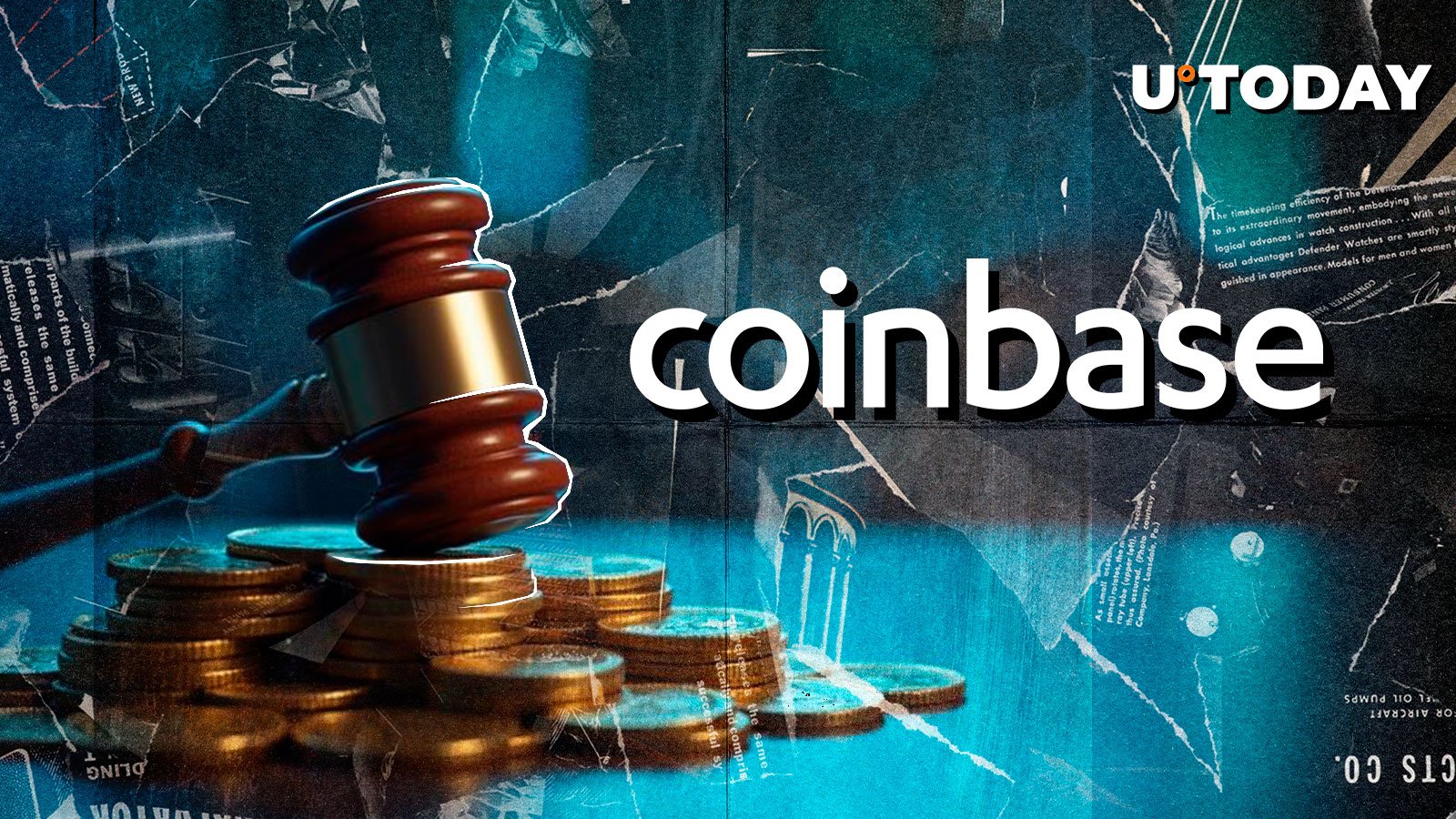
Disclaimer: The opinions expressed by our writers are their own and do not represent the views of U.Today. The financial and market information provided on U.Today is intended for informational purposes only. U.Today is not responsible for any financial losses incurred while trading cryptocurrencies. Do your own research by contacting financial experts before making any investment decisions. We believe all content to be accurate as of the date of publication, but some offers mentioned may no longer be available.
Major crypto exchange Coinbase 2025 began with a primary legal win.
In a tweet, Paul Grewal, chief legal officer at Coinbase, revealed that the company finally obtained unredacted OCP 2.0 letters from the Federal Deposit Insurance Corporation (FDIC). The breakthrough came after the court ordered the release of these documents and the redactions also cleared.
"We have finally obtained the unredacted OCP 2.0 letters from the FDIC. It took a court order but you can now read them for yourself below," Grewal He said. Chokepoint OCP 2.0 refers to an administrative policy that restricts financial services to entities, including payday lenders and other “undesirable” businesses.
Paul Grewal, chief legal officer at Coinbase, added that the letters demonstrated efforts by the banking regulator to prevent lenders from offering or considering products and services in the digital asset sector. “They demonstrate a coordinated effort to stop a wide range of cryptocurrency activity — everything from basic Bitcoin transactions to more complex offerings,” Grewal stated.
Grewal revealed a new discovery as part of this feat, noting that the FDIC "magically" found two additional stop letters during the search.
Coinbase legal payment
History Associates, which was hired by Coinbase, filed a lawsuit against the Federal Deposit Insurance Corporation (FDIC) and the Securities and Exchange Commission (SEC) in June of last year. Coinbase claimed that it had been improperly denied by the Securities and Exchange Commission and the Federal Deposit Insurance Corporation regarding documents that should have been made available under the Freedom of Information Act (FOIA).
At the Federal Deposit Insurance Corporation (FDIC), Coinbase requested copies of so-called “pause letters” sent to financial companies directing them to halt cryptocurrency activities.
Coinbase has requested written communications from the SEC in three closed cases on how the regulator formally determines which digital assets it believes qualify as securities. Coinbase too File a lawsuit against Securities and Exchange Commission, is seeking a court order that would force the regulator to issue guidelines defining digital asset securities.
Coinbase eventually gained access to some internal FDIC communications in a famous victory.
Source link


